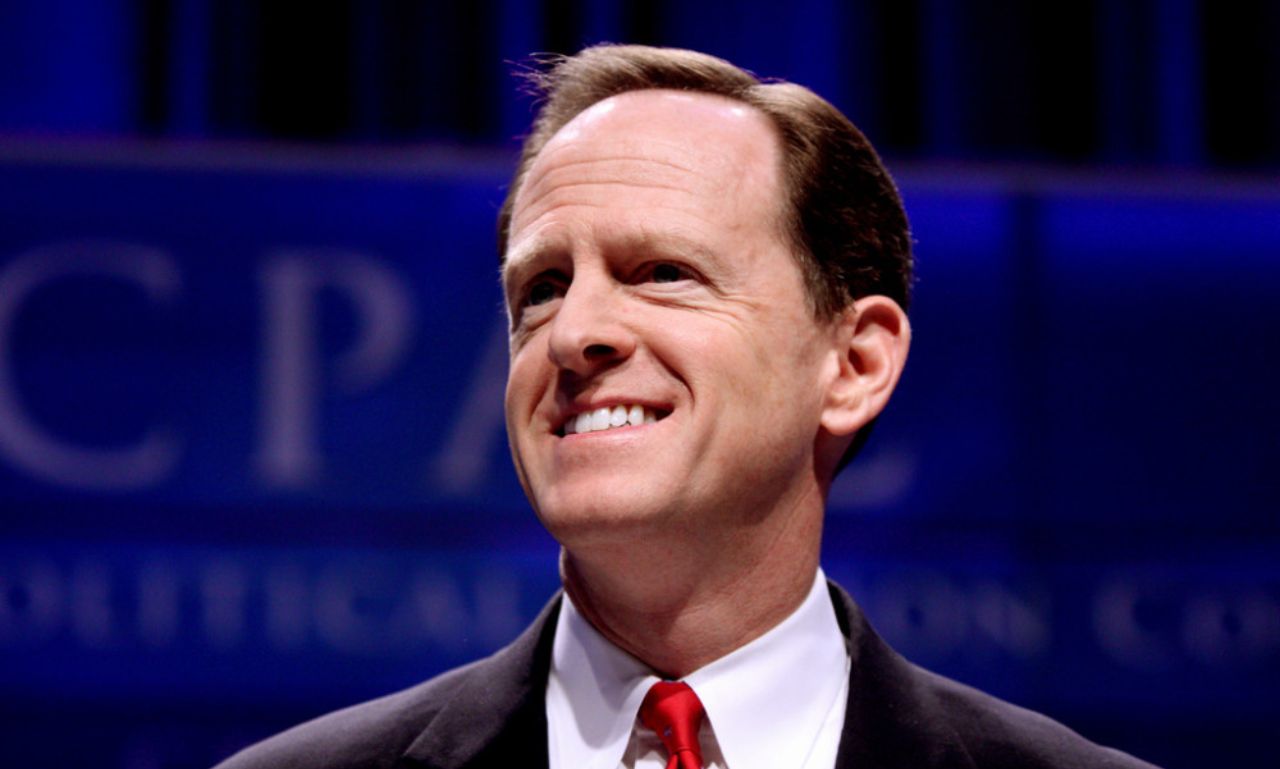The U.S. Securities and Exchange Commission (SEC) might have avoided the loss of assets totaling $12 billion by investors who trusted Celsius. This cryptocurrency lending platform froze their deposit accounts in June, according to Senator Pat Tomey, who is well-known for his vocal support of the cryptocurrency industry. Senator Tomey is famous for his vocal support of the cryptocurrency industry.
In a formal letter dated July 26 addressed to SEC Chairman Gary Gensler, Senator Pat Toomey suggested that the Commission’s inability to explain how it planned to apply current securities laws to virtual assets and services drew unpleasant repercussions. Toomey sent the letter to Gary Gensler. In his article, Toomey states:
“Companies could have modified their offerings appropriately, saving shareholder losses today, and the SEC wouldn’t have been free to focus its efforts on the worst criminals,”
Toomey claims that the SEC did not adequately explain how well the Howey and Reves standards could be applied to the products of cryptocurrency lending platforms that offered interest to clients who made cryptocurrency deposits.
Instead, he underscored, the SEC is opting to regulate selectively through the use of enforcement.
The senator brought up the recent insider trading charges against an ex-employee of Coinbase and claimed that the SEC had a distinct opinion on the securities’ status of these assets.
Still, it did not disclose that view publicly before initiating an enforcement action. These charges stem from the fact that the SEC allegedly traded on insider information.
“A Sluggish Enforcement Pace”
Although it is based on the questionable premise that the vast majority of digital assets are securities, he argues that the SEC’s approach to regulation through enforcement not only makes it difficult for companies that are trying their best to comply with the law but also does not provide adequate protection for customers.
According to Toomey, this combination of “an obviously sluggish enforcement pace” and the SEC’s persistent failure to provide the cryptocurrency community with regulatory certainty affects investors and innovation in general.
In conclusion, Toomey asks Gensler nine questions and requests a response by August 9th.
Among them is a request to publicly identify other big cryptocurrency lending organizations that do not have any registration under SEC; an explanation as to why the Commission hasn’t included 16 out 25 digital assets transacted by the Coinbase worker in its allegations; and others.
On May 10, Toomey made public his backing for the Stablecoin Innovation and Protection Act, a piece of legislation that would enable the Federal Deposit Insurance Corporation to support stablecoins in a way analogous to how it backs currency deposits.
